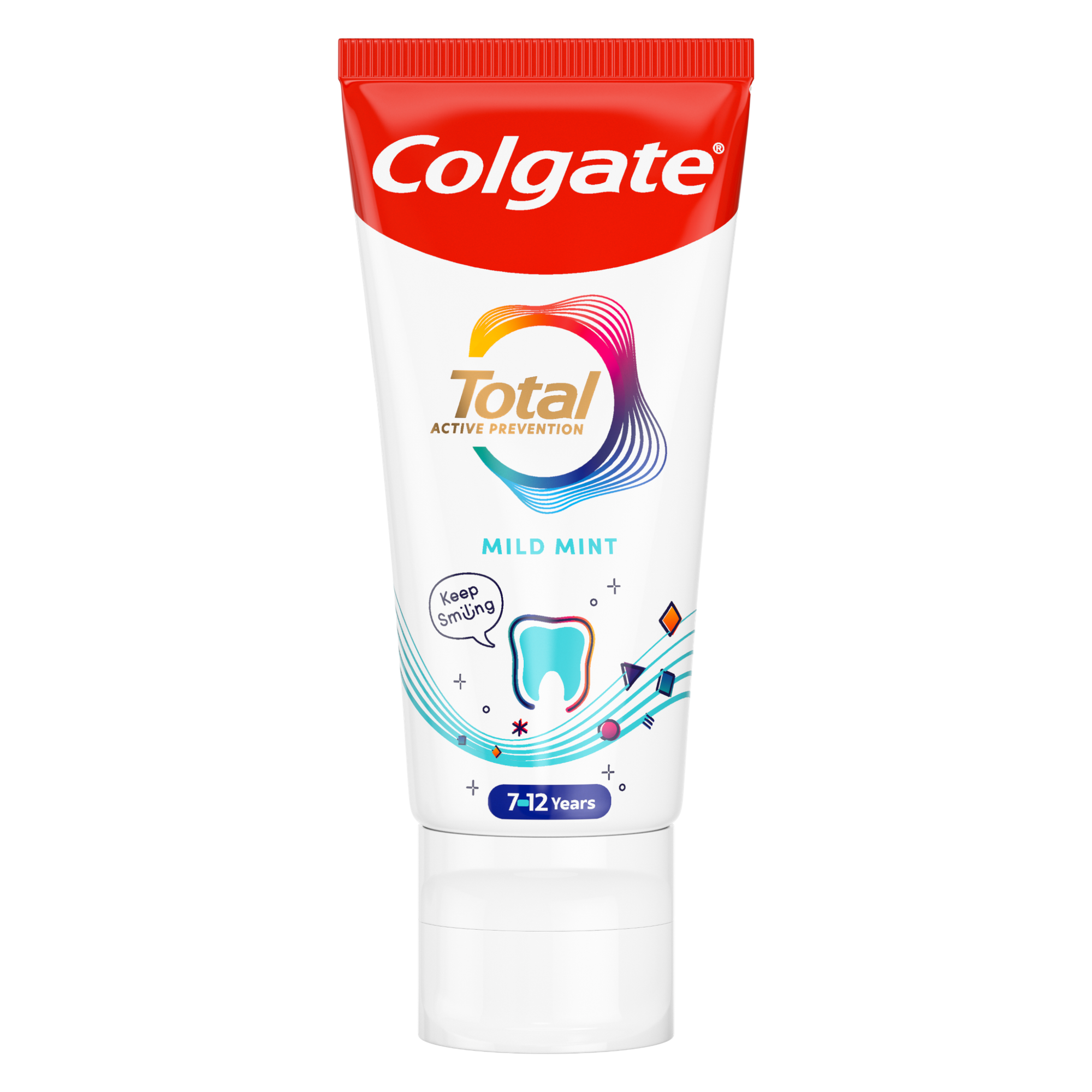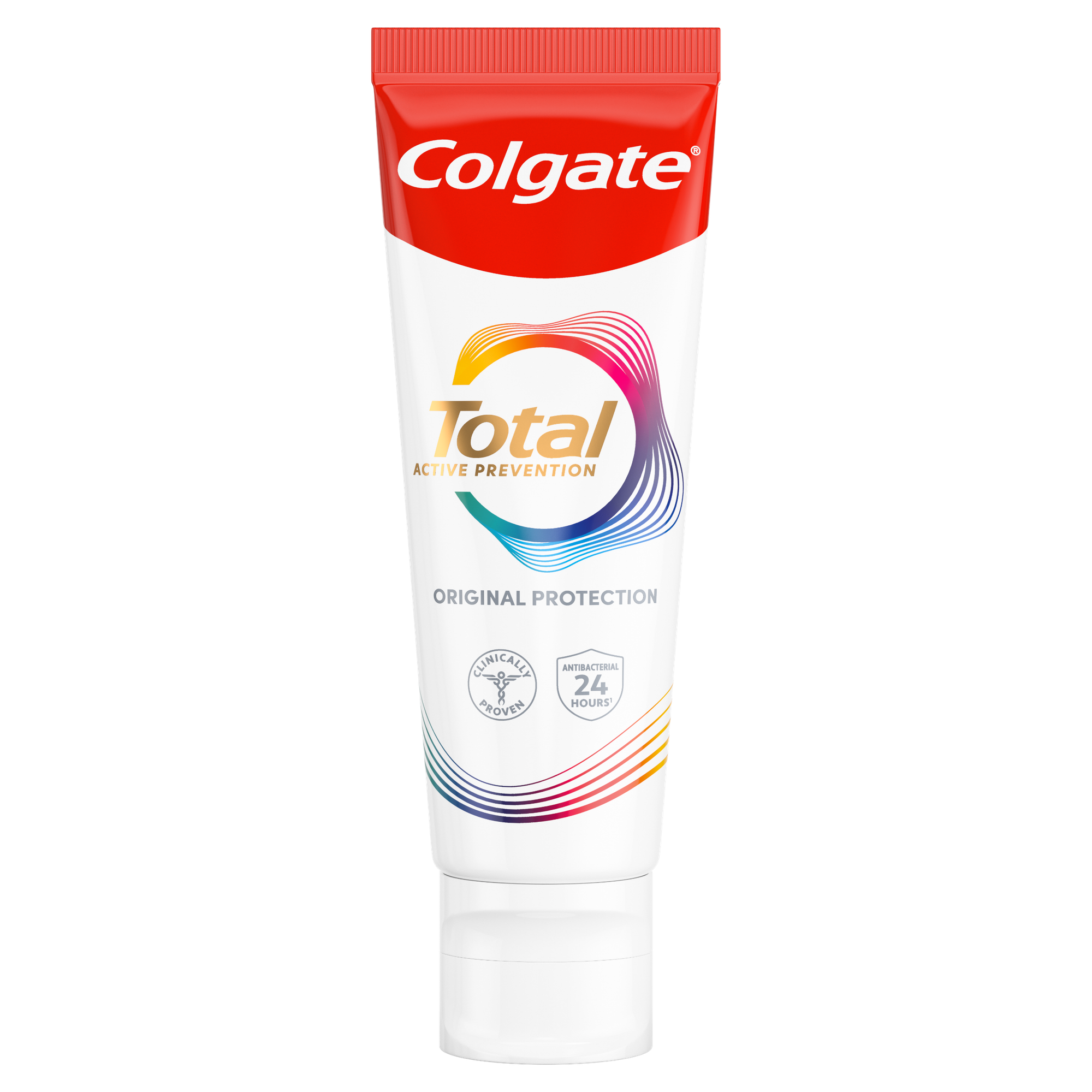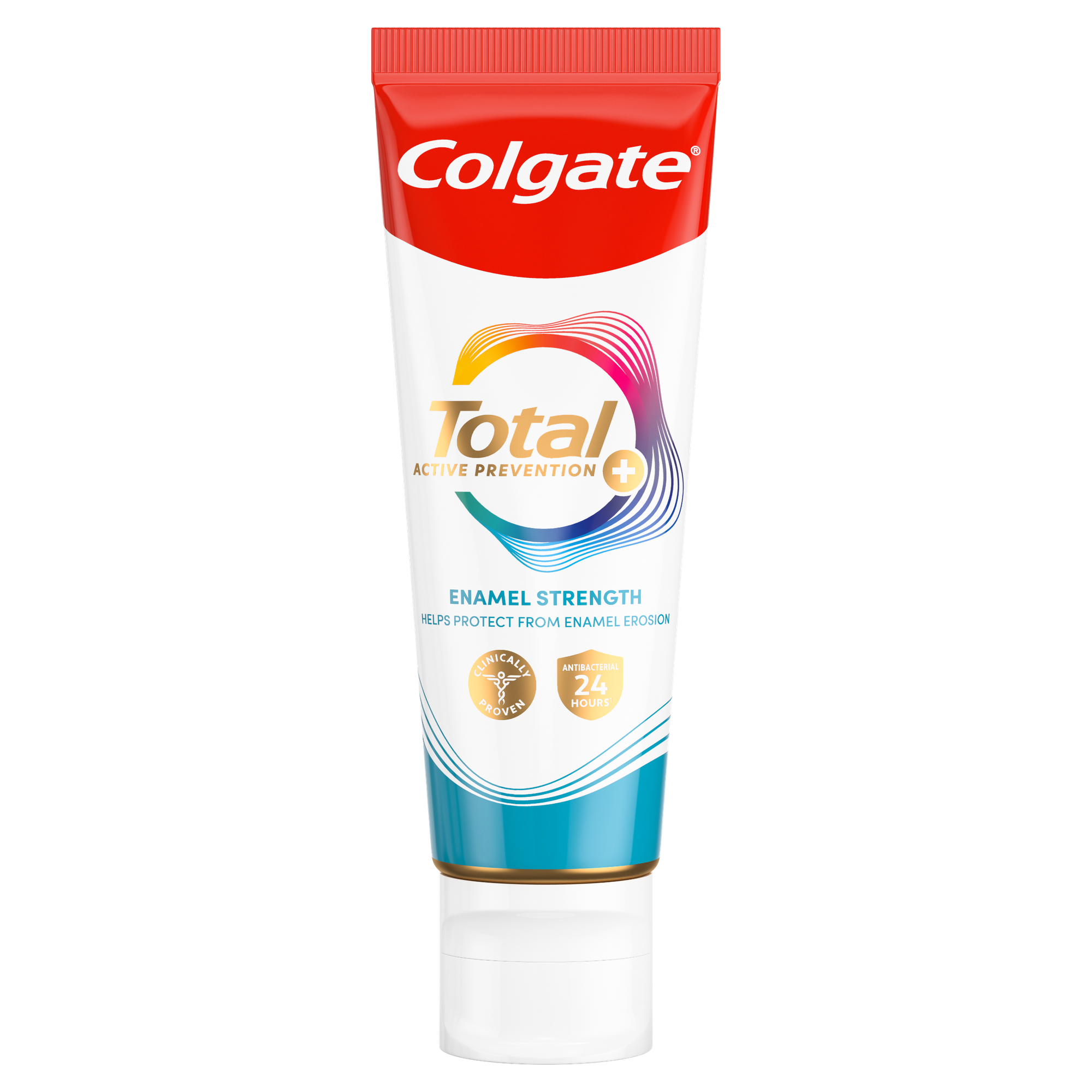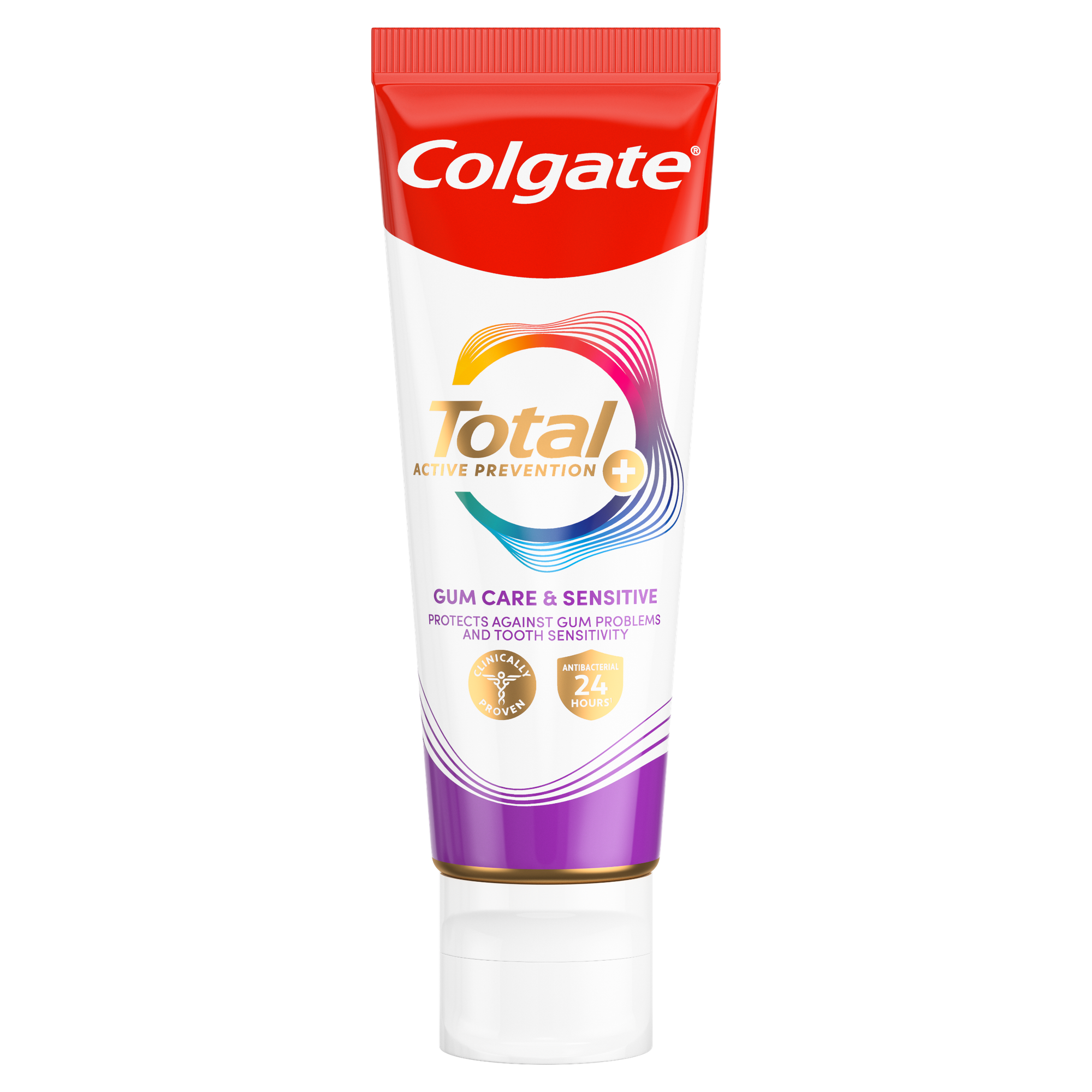What is burning mouth syndrome?
Burning mouth syndrome (also known as burning tongue syndrome) is the medical term for an ongoing or recurring burning sensation in your mouth with no obvious cause. It can affect your tongue, lips, gums, roof of your mouth or the inside of your cheeks and can be uncomfortable to live with. The burning sensation can feel like you’ve burned your mouth with a hot drink and can come on suddenly or develop over time.
Is burning mouth syndrome dangerous?
Burning mouth syndrome isn’t dangerous or contagious, however, it can last for years and can even cause anxiety and depression in those who experience the discomfort for this length of time.
Burning mouth syndrome symptoms
Common burning mouth syndrome symptoms include:
- Pain anywhere in your mouth that feels like burning or tingling.
- A numb feeling in your mouth that comes and goes.
- An altered sense of taste.
- Dry mouth.
Burning mouth syndrome causes
Here are some of the most common burning mouth syndrome causes:
Dry mouth
When your mouth doesn’t have enough saliva to stay wet, you get that dry, sticky feeling known as dry mouth. This is another oral condition that can be caused by different factors, such as diseases that affect the salivary glands, some medications or natural hormonal changes. Chronic mouth dryness can cause a burning sensation or soreness in your mouth. Your dentist may recommend keeping your mouth moist by drinking more water and sucking on sugarless candy or chewing sugar-free gum. Using a saliva substitute can also combat the dryness and keep your mouth healthy.
Nutritional deficiencies
A deficiency of key nutrients can also be a cause of burning mouth syndrome. Deficiencies of B vitamins and minerals including iron and zinc can contribute to burning tongue syndrome by affecting the health of your oral tissues. Make sure you’re eating a well-balanced diet with fresh fruits and vegetables, whole grains, dairy, nuts, seeds and healthy proteins. Talk to your doctor before taking nutritional supplements.
Mouth irritation
Drinking too many acidic beverages, brushing your tongue too much and overusing mouthwash can irritate mouth tissues. If you’re experiencing burning mouth syndrome symptoms, try to drink fewer or less acidic drinks. Talk to your dentist about your oral hygiene habits to determine whether they could be causing irritation.
Medication side effects
One of the possible burning mouth syndrome causes is the use of certain medications. Some drugs may cause soreness and dryness of the mouth. Inform your doctor if you’re having side effects due to medications you’re taking.
Oral conditions
Burning can also be caused by other oral health conditions, such as oral thrush (a fungal infection in the mouth) or geographic tongue (tongue has a map-like appearance on its surface). Your dentist can diagnose and provide options to reduce the pain and discomfort.
Burning mouth syndrome remedies
If you’re experiencing burning mouth syndrome symptoms, here are some remedies that may help the discomfort and irritation:
1. Sip and soothe
Cold water can quickly regulate the tongue's irritation. Drink a glass to keep your mouth hydrated (saliva flow is key to ensure bacteria don't harm the area). Stay away from hot foods and drinks, which can irritate it more.
2. Cool it down
Reach for a food that's easy to eat, like a fruit cup, yogurt or ice cream – all of which can help calm the burning sensation. Also, be sure to drink a glass of water at the same time to wash away any of the food debris left behind.
3. Swish with salt water
You can rinse a burning tongue with a warm salt water mix. Add 1/8 teaspoon of salt to a 250 ml glass of warm water, swish it around in your mouth gently and then spit it out. Salt is a natural antiseptic that can reduce swelling and pain, and ease your burn symptoms.
4. Sugar-coat it
Sugar is a little-known pain reliever available in your own pantry. Drizzle some sugar over your tongue, let it dissolve and feel it work – but be conservative with your portions, as it isn't good for your teeth. Honey may also work, it’s known for its antibacterial properties to and is sometimes used to speed the healing process of ulcers.
5. Take a chill pill
When all of the above suggestions fail to provide you the relief you need, there's always standard over-the-counter pain medication. Take your recommended dosage of paracetamol or ibuprofen to treat the pain and inflammation*.
While some of the possible causes of burning mouth syndrome are easy to identify, others are not so obvious. Hormonal imbalances, nerve damage and allergies are just some of the medical issues that can cause this condition. Take care of your oral and overall health with good oral hygiene habits, a healthy diet and regular dental appointments. Talk about your symptoms with your dentist and find out if you need to see your doctor for further testing and diagnosis.
*Always consult your medical practitioner before taking any medication.
ORAL HEALTH QUIZ
What's behind your smile?
Take our Oral Health assessment to get the most from your oral care routine
ORAL HEALTH QUIZ
What's behind your smile?
Take our Oral Health assessment to get the most from your oral care routine













